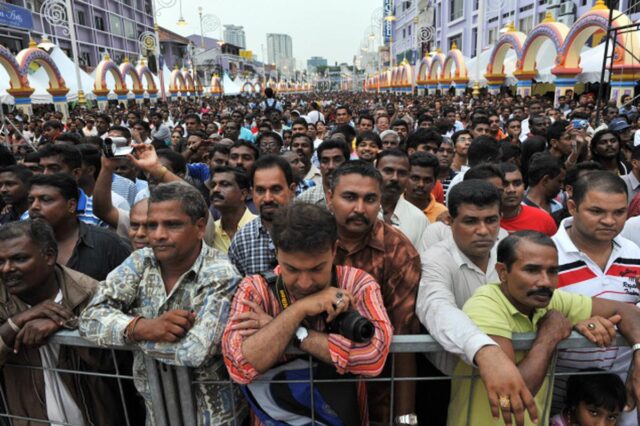Indians sidelined by multiracial parties?
Multiracial parties in Malaysia are, most often than not, dominated by one race. As a result of that, minorities have to look up to the majority to protect their interests. Case in point, are the Indians who make up 6.6 percent of Malaysians.
“Issues raised by the Indian community are basic. They need to have a platform to be heard. Otherwise they would go to the prime minister. And the people at the top must have political will to protect their interest,” said USM political scientist P Sivamurugan.
Recently a discussion on TikTok among Malaysian Indian users questioned the effectiveness of multiracial parties championing the interest of particular communities compared to race based parties.
They claimed that the Indian leaders in multiracial parties have not been issues that affects the community. Among the issues raised include the annual matriculation intake, the use of sensitive terms by certain political leaders and the non-acknowledgement of dignity for the community.
For some context, multiracial parties such as PKR and the DAP rose up to the occasion during the general election in 2008 when both parties started taking over seats held mostly by MIC and MCA.
In contrast, Sivamurugan said the administration of former prime minister Datuk Seri Najib Razak had resolved many issues.
This is also reflected in the political content of Malaysian Indians.
He was, however optimistic that the Malaysian Indian Transformation Unit (MITRA), which has been moved back to the the Prime Minister’s Department, would be able to play its role to be the main direct channel to the prime minister.
Make it a policy
He also suggested a possible solution that can be done by the government of the day.
Sivamurugan used the matriculation intake as an example to explain the matter.
“The 2,500 matriculation seats, is it one-off or a policy? A policy is gazetted, it cannot be changed.
“So, the interests of the community should be made into a policy to resolve their issues.”
As for political parties, he said that the Indian community’s preference for a party would depend on their socio-economic background and locations.
“Those who are educated, living in the urban areas and have relatives who migrated would prefer the multiracial parties.
“Those who are lesser educated and living in rural areas would turn to race based parties.
On a positive note, he said people turning to race based parties would allow the parties to reposition itself in the Malaysian political scene.
READ ALSO: And the party that wins Kuala Kubu Baharu is…

